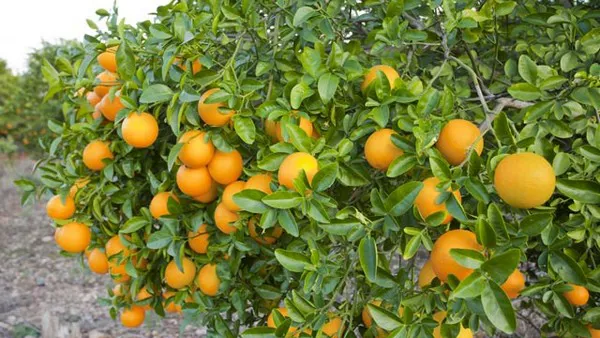LA UNIÓ de Llauradors has denounced that the protocols for the export of citrus fruits or kakis from Spain to third countries are very tough. They make it very difficult to enter new markets and the cost of their administrative management entails a great economic effort for the sector due to the strict bureaucratic requirements to export. Meanwhile, the administrative and control costs for third countries for the shipment of their productions to the European Union is zero because the European Commission does not demand reciprocity to the requirements that they do impose on our products.
This is the case of the protocol with Peru, where its Ministry of Agriculture and Irrigation (Minagri) has just approved the phytosanitary requirements necessary for the start of the importation of fresh mandarins, oranges and kakis of Spanish origin. The very Ministry of Agriculture of Spain (MAPA) considers this export protocol "very important", since Peru could be the door for the export of other products and facilitate access to other countries in the region.

The MAPA reports that the technical phytosanitary requirements have been agreed upon after the corresponding missions and exchange of information between both countries in order to minimize the risks of entry of quarantine pests into Peru.
According to LA UNIÓ, the protocol for the export of Spanish citrus and kakis to Peru is full of demands and clauses that are difficult to comply with, as well as many bureaucratic requirements, so the organization expects little success, despite the optimism of the MAPA. It will be very expensive to ship Spanish products there and, according to LA UNIÓ, the cost will amount to between 9 and 11 cents per kilo exported.
The obvious difficulties for Spanish citrus and kakis to conquer new markets, other than the familiar ones within the European Union, have once again become clear. It is therefore not surprising that, for example, 94% of Spanish citrus exports remain in Europe.
To export to countries such as the US, China, Japan, South Korea or Australia, severe protocols are imposed on us, and according to a study from LA UNIÓ, this makes shipments about € 0.09 / kg more expensive on average.
It should also be noted that the EU's agricultural production is subject to strict phytosanitary controls, and compared to other countries, it has very advanced levels of waste control and environmental measures, as well as guaranteed respect for human rights.
 For more information:
For more information:
LA UNIÓ
www.launio.org
